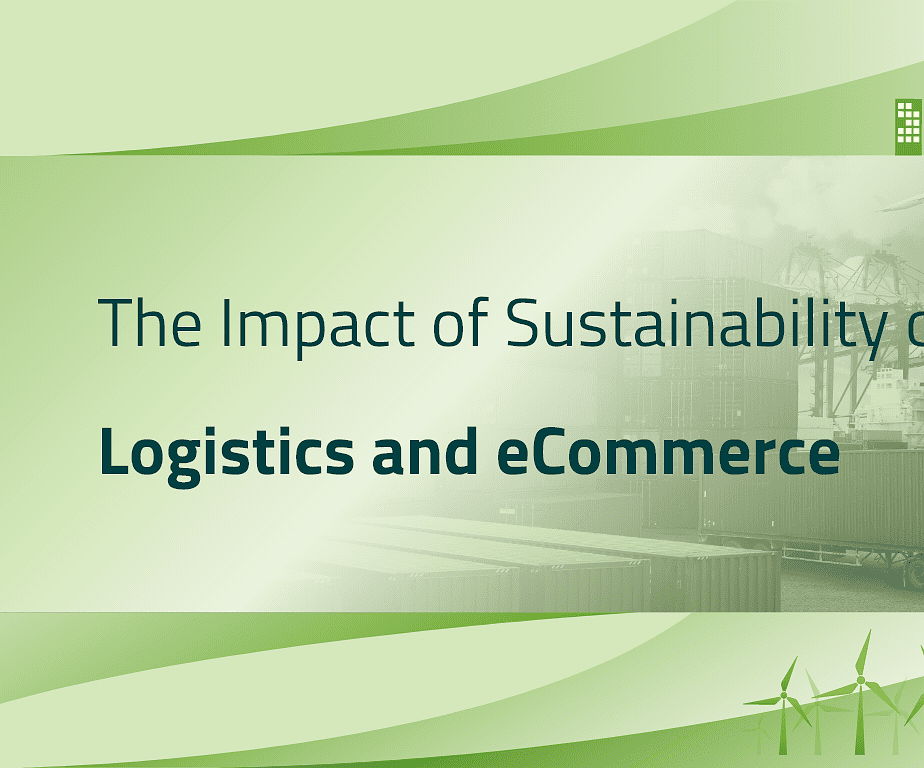Sustainability is becoming an increasingly important consideration in the logistics and eCommerce industries. The pressure to reduce carbon emissions and minimise the environmental impact of these industries is growing, and companies are beginning to recognize the benefits of adopting sustainable practices.With the increasing concern for environmental sustainability, many companies in the logistics and eCommerce industries are feeling the pressure to reduce their carbon emissions and minimise their environmental impact.
Here are some of the ways sustainability is impacting logistics and eCommerce:
1. Green Transportation:
Logistics companies are exploring ways to reduce their carbon footprint by adopting greener modes of transportation such as electric vehicles, hybrid vehicles, and bicycles. This not only reduces their emissions but also helps them save on fuel costs.Logistics companies are increasingly adopting green transportation options, such as electric vehicles, hybrid vehicles, and bicycles, to reduce their carbon footprint and save on fuel costs.
2. Sustainable Packaging:
eCommerce companies are increasingly using sustainable packaging materials such as biodegradable and compostable materials, as well as reducing the amount of packaging used. This reduces waste and also helps to reduce shipping costs. E-commerce companies are increasingly using sustainable packaging materials, such as biodegradable and compostable materials, as well as reducing the amount of packaging used, to reduce waste and shipping costs.
3. Circular Supply Chain:
Companies are starting to implement circular supply chain models, where waste is minimized and resources are kept in use for as long as possible. This involves reducing waste, reusing materials, and recycling products at the end of their life cycle.To achieve this, companies may implement a range of strategies, such as designing products for durability and reparability, using renewable or recycled materials, and creating closed-loop systems where waste from one process is used as a resource in another.
4. Carbon Offsetting:
Some logistics and eCommerce companies are offsetting their carbon emissions by investing in carbon reduction projects, such as reforestation or renewable energy projects.Projects that are commonly supported by carbon offsetting initiatives include renewable energy projects, such as wind or solar power, as well as reforestation and afforestation projects, which involve planting trees or other vegetation to absorb carbon from the atmosphere.
5. Green Warehousing:
Warehouses are a significant source of emissions, with energy consumption being the largest contributor. Companies are adopting sustainable warehouse practices, such as installing solar panels, improving insulation, and using energy-efficient lighting and heating systems.To address this issue, companies are increasingly adopting green warehousing practices. This can include installing solar panels to generate renewable energy, improving insulation to reduce energy loss, using energy-efficient lighting and heating systems, and implementing recycling programs to reduce waste.
Conclusion:
Sustainability is having a significant impact on the logistics and eCommerce industries, as companies recognize the importance of reducing their carbon footprint and minimising their environmental impact. By adopting sustainable practices with LogixPlatform, companies can not only reduce their environmental impact but also improve their bottom line by reducing costs and increasing efficiency.

